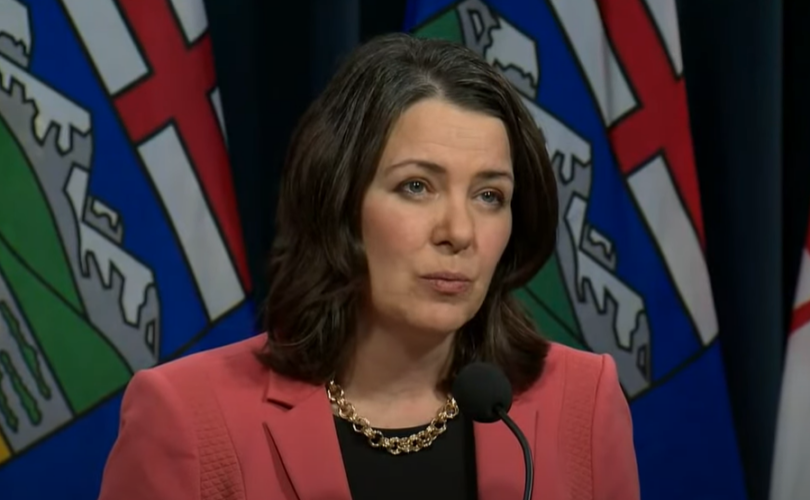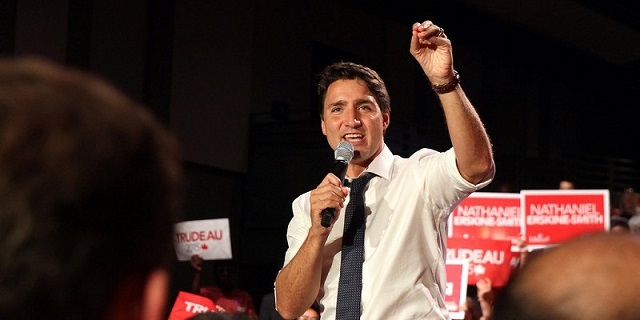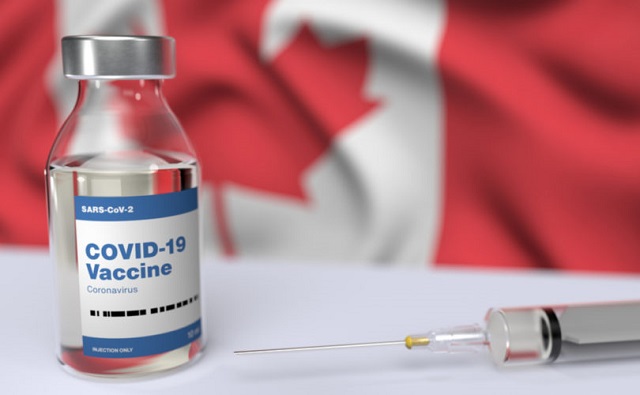Alberta
Second presumptive COVID-19 case reported in Alberta

Alberta’s chief medical officer of health has confirmed the province’s second presumptive case of novel coronavirus, officially known as COVID-19.
The individual is a male in his forties who lives in the Edmonton zone. The case is travel-related and he is recovering in isolation at home with support from public health officials.
“While I know some Albertans may be concerned by a second case, this is not unexpected. The risk to Albertans is still considered low. We have already isolated this individual and are taking swift action to implement immediate precautions to prevent the infection from spreading.”
“I have full confidence that our front-line health-care workers are ready and able to handle this challenge. Thanks to Alberta’s focused preparations, this case has been quickly identified and all the immediate first steps required to protect the public and our front-line health-care staff are being taken.”
The affected individual recently returned from travel in the United States. He had visited Michigan, Illinois, and Ohio, before returning to Alberta on Feb 28. He is currently in isolation at home.
The case was detected on March 6. Health officials are currently identifying close contacts of this individual and will be asking them to self-isolate at home, away from the public. They will be closely monitored by public health officials. If they do develop symptoms, health officials will coordinate getting them into care immediately while ensuring that the public and health-care workers are not exposed.
Effective immediately, Alberta will be expanding its testing protocols. All travellers returning from outside of Canada are advised to monitor their symptoms. If they experience flu-related symptoms, such as a fever or a cough, they should self-isolate and call Health Link at 811 to arrange followup testing. Returning travellers should not visit emergency departments or urgent care centres for testing. Calling 811 is the best way to get quick assessment and testing.
This applies only to returning travellers who are symptomatic with fever, or cough.
The risk of exposure is still considered low in Alberta, however this may change over the coming weeks, and if it does, we will communicate this to Albertans.
Alberta Health and Alberta Health Services will continue to closely monitor the situation, conduct surveillance and appropriate laboratory testing, and provide public health and infection control guidance.
Quick facts
- The most important measures that Albertans can take to prevent respiratory illnesses, including COVID-19, is to practise good hygiene.
- This includes cleaning your hands regularly, avoiding touching your face, coughing or sneezing into your elbow or sleeve, disposing of tissues appropriately, and staying home and away from others if you are sick.
- Anyone who has health concerns or is experiencing symptoms of COVID-19 should contact Health Link 811 to see if followup testing is required.
- For recommendations on protecting yourself and your community, visit alberta.ca/COVID19.
Alberta
Alberta government should eliminate corporate welfare to generate benefits for Albertans

From the Fraser Institute
By Spencer Gudewill and Tegan Hill
Last November, Premier Danielle Smith announced that her government will give up to $1.8 billion in subsidies to Dow Chemicals, which plans to expand a petrochemical project northeast of Edmonton. In other words, $1.8 billion in corporate welfare.
And this is just one example of corporate welfare paid for by Albertans.
According to a recent study published by the Fraser Institute, from 2007 to 2021, the latest year of available data, the Alberta government spent $31.0 billion (inflation-adjusted) on subsidies (a.k.a. corporate welfare) to select firms and businesses, purportedly to help Albertans. And this number excludes other forms of government handouts such as loan guarantees, direct investment and regulatory or tax privileges for particular firms and industries. So the total cost of corporate welfare in Alberta is likely much higher.
Why should Albertans care?
First off, there’s little evidence that corporate welfare generates widespread economic growth or jobs. In fact, evidence suggests the contrary—that subsidies result in a net loss to the economy by shifting resources to less productive sectors or locations (what economists call the “substitution effect”) and/or by keeping businesses alive that are otherwise economically unviable (i.e. “zombie companies”). This misallocation of resources leads to a less efficient, less productive and less prosperous Alberta.
And there are other costs to corporate welfare.
For example, between 2007 and 2019 (the latest year of pre-COVID data), every year on average the Alberta government spent 35 cents (out of every dollar of business income tax revenue it collected) on corporate welfare. Given that workers bear the burden of more than half of any business income tax indirectly through lower wages, if the government reduced business income taxes rather than spend money on corporate welfare, workers could benefit.
Moreover, Premier Smith failed in last month’s provincial budget to provide promised personal income tax relief and create a lower tax bracket for incomes below $60,000 to provide $760 in annual savings for Albertans (on average). But in 2019, after adjusting for inflation, the Alberta government spent $2.4 billion on corporate welfare—equivalent to $1,034 per tax filer. Clearly, instead of subsidizing select businesses, the Smith government could have kept its promise to lower personal income taxes.
Finally, there’s the Heritage Fund, which the Alberta government created almost 50 years ago to save a share of the province’s resource wealth for the future.
In her 2024 budget, Premier Smith earmarked $2.0 billion for the Heritage Fund this fiscal year—almost the exact amount spent on corporate welfare each year (on average) between 2007 and 2019. Put another way, the Alberta government could save twice as much in the Heritage Fund in 2024/25 if it ended corporate welfare, which would help Premier Smith keep her promise to build up the Heritage Fund to between $250 billion and $400 billion by 2050.
By eliminating corporate welfare, the Smith government can create fiscal room to reduce personal and business income taxes, or save more in the Heritage Fund. Any of these options will benefit Albertans far more than wasteful billion-dollar subsidies to favoured firms.
Authors:
Alberta
Official statement from Premier Danielle Smith and Energy Minister Brian Jean on the start-up of the Trans Mountain Pipeline

-

 Alberta2 days ago
Alberta2 days agoOfficial statement from Premier Danielle Smith and Energy Minister Brian Jean on the start-up of the Trans Mountain Pipeline
-

 Economy2 days ago
Economy2 days agoToday’s federal government—massive spending growth and epic betting
-

 Economy2 days ago
Economy2 days agoYoung Canadians are putting off having a family due to rising cost of living, survey finds
-

 COVID-191 day ago
COVID-191 day agoCanada’s COVID vaccine injury program has paid out just 6% of claims so far
-

 Environment1 day ago
Environment1 day agoClimate Alarmists Want To Fight The Sun. What Could Possibly Go Wrong?
-

 Opinion7 hours ago
Opinion7 hours agoClimate Murder? Media Picks Up Novel Legal Theory Suggesting Big Oil Is Homicidal
-

 International2 days ago
International2 days agoNYPD storms protest-occupied Columbia building, several arrested
-

 Addictions16 hours ago
Addictions16 hours agoCity of Toronto asks Trudeau gov’t to decriminalize hard drugs despite policy’s failure in BC









